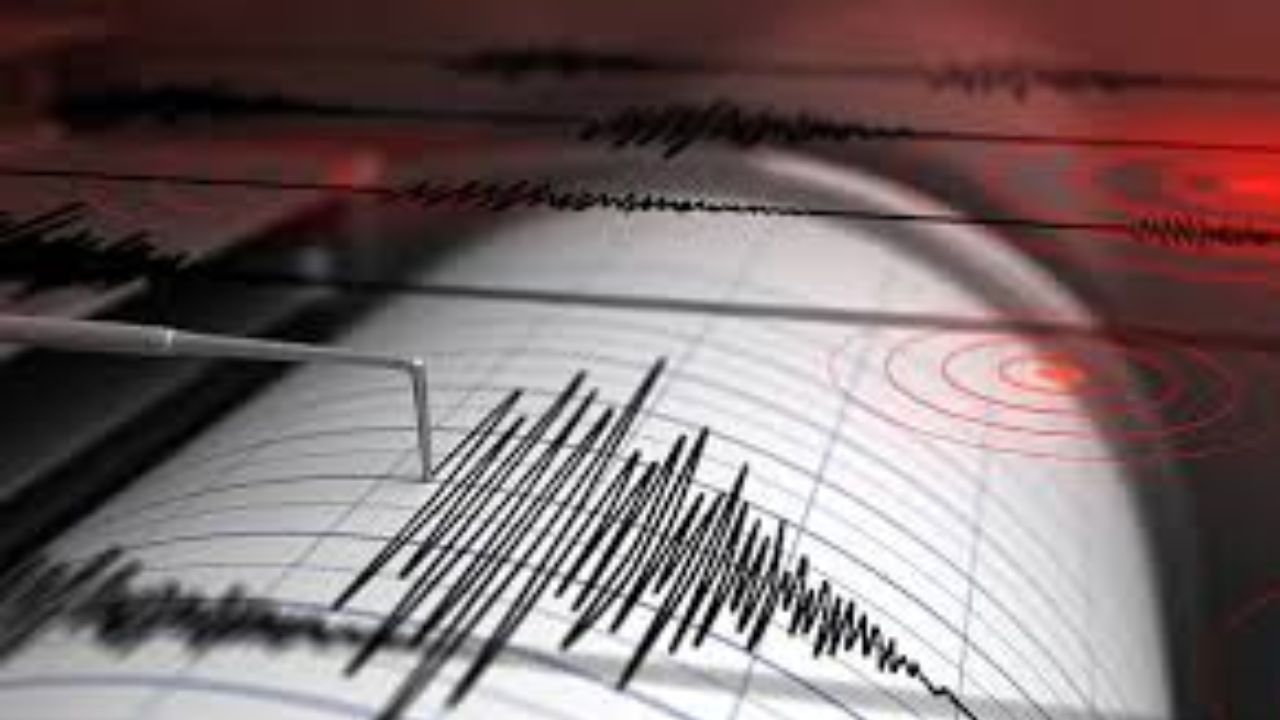 English
English

Earthquake Today: Earthquakes of 6.3 and 6.5 magnitude were felt in the Bay of Bengal and Andaman-Nicobar Islands on Tuesday morning.

A 6.3 quake hits Bay of Bengal
New Delhi: An earthquake of intensity 6.3 hit the Bay of Bengal early on Tuesday (July 29, 2025). It occurred at 12:11:50 AM Indian time. According to the National Seismological Center, the epicenter of the earthquake was 10 kilometers below the Earth. The impact of the earthquake is still being addressed in coastal areas or islands, although no damage or casualties have been reported till now, reports Dynamite News correspondent.
It is considered dangerous because of its intensity, as Low-depth earthquake generally causes more destruction than deeper earthquakes of the same magnitude. This results in more instances of shaking, hence more risk to buildings and infrastructure at the surface.
Minutes after the earthquake in the Bay of Bengal, another earthquake shook Nicobar Island at 12:12 pm. This time magnitude was 6.5, which is considered powerful. According to the report of the United States Geological Survey (USGS), a 6.3 magnitude earthquake originated at a low depth of 10 km west-northwest of Sabang in Indonesia's Aceh province.

Another quake hits Andaman and Nicobar: Representational Image
While jolts were widespread in surrounding areas. Thankfully, there is no damage reported, and a relief because there is no risk of a tsunami from this earthquake.
Earthquakes are a natural process. It happens because of the movements of tectonic plates. It's like a puzzle, think the outermost layer is made of huge pieces, these are called plates, which slowly move, but the movement is not always smooth. When big puzzle pieces are pushing against each other, get stuck while trying to move, and the stress builds between those pieces gets released currently, this is the time when the earth shakes; this shaking is called an earthquake.
It's like when you hit something hard, it might vibrate or shake a few more times afterwards. Experts say that these resent shaking mean that we could see future jolts or aftershocks.
The Bay of Bengal and the Andaman & Nicobar regions are in something called Seismic Zone V. This is considered to be one of the most sensitive earthquake area in our country. This means it's a place where earthquakes are very likely and can be very strong.